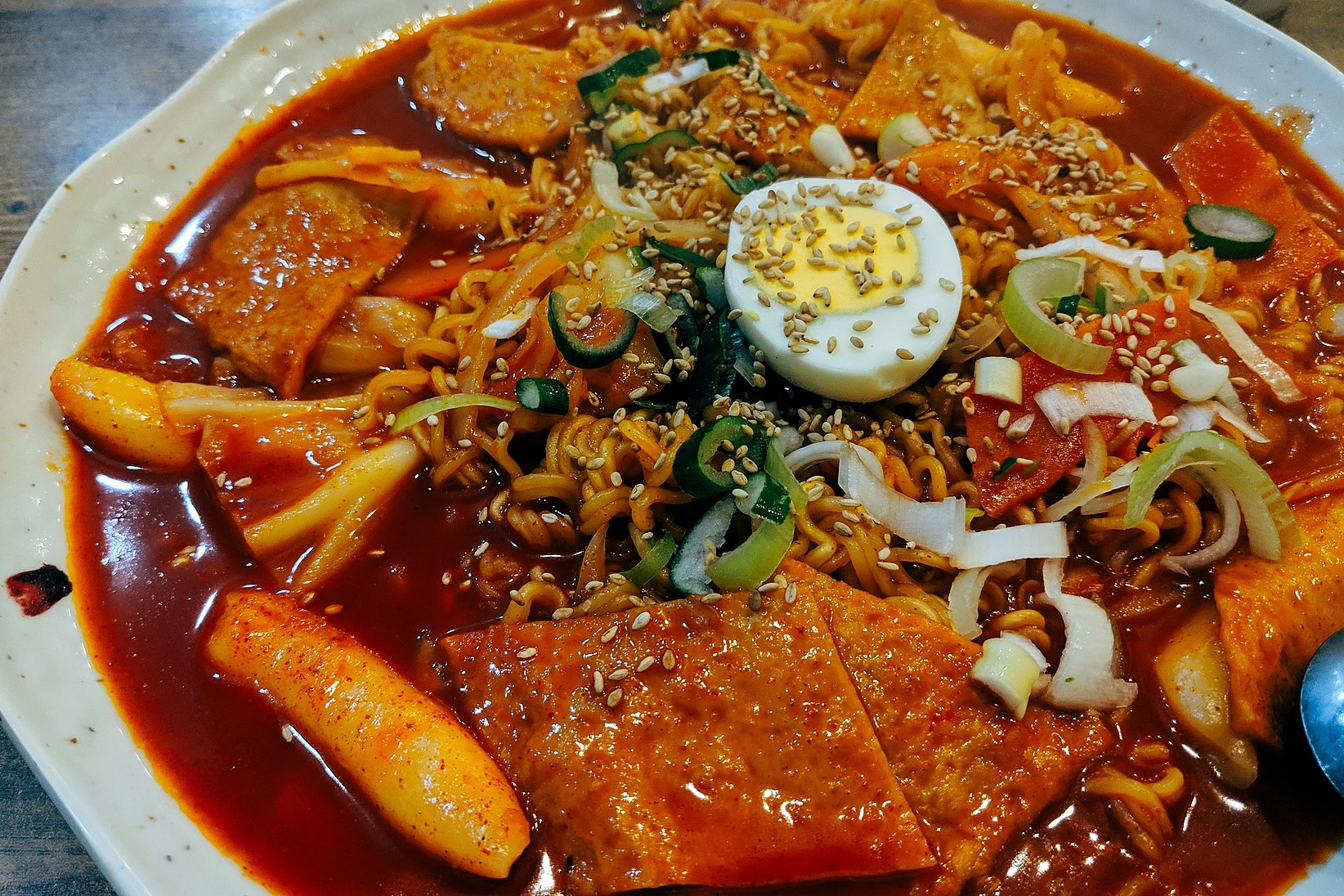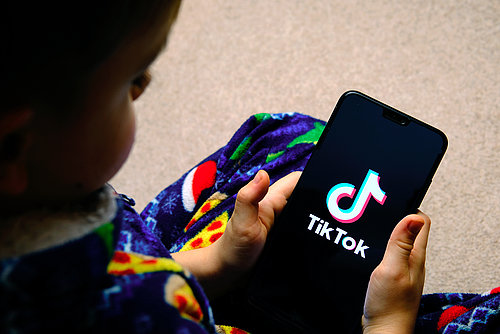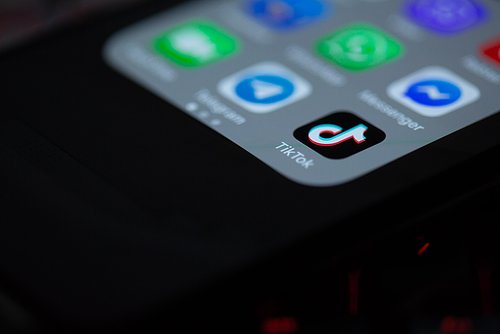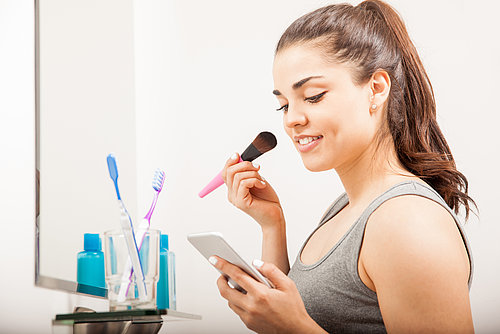
Digital events, Digital Marketing, Families, Marketing Agency, Network, We are Family, Young adults, Young target group, Social media, Television
Engrossing or Gross? The Popularity of Mukbang

As Korean culture takes the world by storm, one of the strangest trends to make its way to the West is mukbang. If you're unaware of mukbang, you might consider yourself lucky (depending on what kind of person you are). Simply put, mukbang is watching people eat food online (usually very large amounts). There are many forms of mukbang; ones based around the sheer volume of food, others more focused on ASMR-based satisfaction. There’s also oogiu eaters (usually involving petite people eating way more than they seem capable of), story mukbangs (streamers reading stories with their meal) and cook bangs (creators preparing the food and then eating it).
Mukbang has been around for over 10 years now, but has seen an explosion in popularity over the last 3 years. Youtubers like Nikocado Avocado and Bloveslife have amassed millions of subscribers and billions of views. TikTok has also been instrumental in boosting mukbangs popularity. The format of the app is ideal for nicely designed plates of food being guzzled down. Take Korean TikToker, a.bite, for example. Her 30 second videos of her eating appetising plates of Korean dishes have managed to gain her a whopping 14 million followers. Her videos are normally sped up, with an odd emphasis on whispered slurping.
While there are many forms of mukbang, there are usually a few common elements to each video. Firstly, the food is usually piled high in the foreground, with the mukbanger eyeing it up from behind. The food doesn't always have to look appetising, but in most cases it should look "impressive". For example, a lot of Nikocado Avocado videos involve him eating copious amounts of colourful or unhealthy food, whether it's 20 packets of blue noodles or 100 big macs. Secondly, the personality of the mukbanger has to come through. Most videos in the genre tend to involve minimal amounts of eating and are much more revolved around the mukbanger's personal life. While people want to see Bloveslife eat copious amounts of shellfish, they also want to hear about her day-to-day life and how her and her family are getting on.
For all its success, mukbang also comes with its fair share of controversy. It has been heavily criticised in China for promoting "an ugly mentality". It has also come under fire for promoting unhealthy eating habits. There are a lot of mukbang streamers out there, with each one trying to outdo the other. This usually results in mountains of unhealthy food, with each mukbanger attempting to be the most controversial. Conversely, mukbang has also been criticised for encouraging eating disorders. The repulsive nature of some mukbang videos can make food less attractive and can encourage a thought cycle of, “I don’t want to look like x, therefor I won’t eat”.
That's not to say that mukbang is wholly negative. Some streamers have spoken about how it has helped their fans regain their appetite after serious illnesses. The personal nature of mukbang can also help those coping with loneliness. For better or for worse, mukbang isn't going away. Streamers and platforms can make millions through paid sponsorships, selling merchandise and invideo advertising. While it might be one of the more peculiar aspects of the influx of Korean culture, it has most certainly left its mark on online content creation. We'll be interested to see what the future holds for this bizarre online trend.


